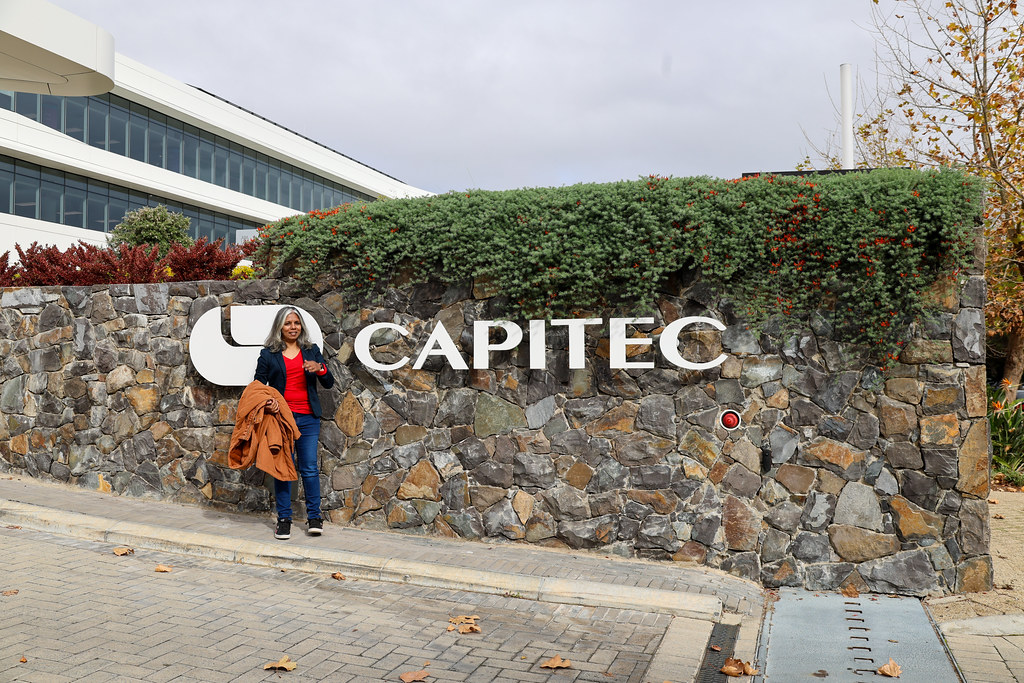Introduction
Inequality Panel is emerging as one of the most discussed ideas ahead of the upcoming G20 summit in Johannesburg. Proposed by a committee under South Africa’s G20 presidency, the concept envisions a permanent, independent international body to study and report on inequality — much like the IPCC monitors climate science.
The panel would deliver authoritative global data, track progress, and help governments shape fairer fiscal and social systems. As leaders confront rising economic divides, the Inequality Panel could become the most significant global initiative since the creation of the Sustainable Development Goals.
Inequality Panel: The Origins of the Proposal
The call for an Inequality Panel came from the Extraordinary Committee of Independent Experts on Global Inequality, led by Nobel Prize-winning economist Joseph Stiglitz. Convened by South Africa’s presidency in 2025, the committee’s mission was to design a framework for confronting what it labeled the “inequality emergency.”
Their report highlights alarming disparities: between 2000 and 2024, the wealthiest 1% captured 41% of all new wealth, while the poorest half received just 1%. Such imbalance, they argue, poses serious risks to democracy, growth, and global stability — making a coordinated global response essential.
Inequality Panel: The Core Vision
The proposed Inequality Panel would be an IPCC-style organization dedicated solely to inequality. It would gather economists, statisticians, and policy researchers from around the world to produce impartial, peer-reviewed assessments of inequality data.
Its mandate would include:
- Establishing consistent, comparable global measures of income and wealth inequality.
- Analyzing the effectiveness of policies such as taxation, social transfers, and inheritance rules.
- Publishing regular “State of Global Inequality” reports to inform G20 and UN decision-making.
The idea is not to dictate policy but to make inequality visible, measurable, and politically unavoidable.
Inequality Panel: Why South Africa Is Leading
South Africa’s G20 presidency is symbolic. As one of the world’s most unequal countries, it has firsthand experience with structural disparities. President Cyril Ramaphosa has framed inequality as a global threat that requires the same scientific rigor applied to climate change.
By hosting the expert taskforce, South Africa is using its leadership year to push for a permanent mechanism that places fairness at the center of global economics. The nation’s history of transformation and inclusion gives it moral authority to lead this debate — one that transcends borders, ideologies, and income levels.
Inequality Panel: How It Would Operate
The Inequality Panel would function through working groups focusing on themes such as wealth concentration, tax systems, gender and racial equity, and intergenerational wealth transfer. Governments and universities could nominate experts, but operations would remain independent and science-driven.
Reports would undergo peer review and be published openly. The panel could also maintain a public data portal, allowing researchers and journalists to access comparable metrics. This transparency would help policymakers track progress and identify areas needing urgent reform.
Much like the IPCC, the panel’s credibility would depend on neutrality, diversity, and consistent communication of evidence.
Inequality Panel: Key Insights from the Expert Report
The committee’s 2025 report offers several striking takeaways that justify the new body:
- Widespread inequality: 83% of countries now fall under “high inequality” categories.
- Extreme wealth concentration: Billionaires collectively gained trillions during the past decade.
- Policy stagnation: Despite awareness, most countries lack real-time data or tools to measure policy outcomes.
- Cross-cutting crises: Inequality aggravates climate vulnerability, debt distress, and political instability.
These findings underscore the need for continuous monitoring and standardized assessments — tasks the Inequality Panel is uniquely designed to perform.
Inequality Panel: The Global Policy Context
The proposal arrives at a pivotal moment. The G20 and other multilateral forums are debating post-pandemic recovery, debt relief, and fair taxation. Inequality intersects with all of these issues.
The Inequality Panel could help unify fragmented discussions into one coordinated evidence base. For example, it could inform negotiations on minimum corporate taxes, evaluate universal social protection systems, and track progress toward SDG 10 (reducing inequality).
By providing a non-political, data-driven reference, the panel would give governments confidence to act — reducing the guesswork in reforming systems that determine wealth and opportunity distribution.
Inequality Panel: Challenges Ahead
While the idea has gained momentum, several challenges remain:
- Funding: Sustaining an international panel requires stable, multi-donor financing.
- Data quality: Many developing nations lack comprehensive household and wealth data.
- Political resistance: Some governments may be reluctant to expose domestic inequality statistics.
- Institutional overlap: Coordination with entities like the World Bank, IMF, and UN must be clarified.
To overcome these issues, the taskforce suggests a pilot phase — starting with voluntary participation from willing countries before scaling up globally.
Inequality Panel: Early Support and Global Reactions
The idea has already drawn wide interest. Organizations such as Oxfam, the World Inequality Lab, and several academic institutions support the initiative, arguing it will fill crucial data gaps.
Media coverage from Reuters, France 24, and The Guardian has amplified its reach, describing it as one of the most significant institutional proposals in years. Some European and Latin American G20 members reportedly back exploring a prototype version of the panel by 2026.
The United Nations and OECD have also expressed openness to sharing data expertise — signaling early alignment on evidence-based collaboration.
Inequality Panel: Lessons from the Climate IPCC
The Intergovernmental Panel on Climate Change (IPCC) offers a proven model for credibility and impact. It produces periodic “Assessment Reports” summarizing consensus science for policymakers.
Similarly, the Inequality Panel would aim to build a shared understanding of how inequality works and what policies reduce it. Success would depend on transparency, rigorous peer review, and inclusive authorship representing all regions.
Over time, these reports could shape legislation, investment priorities, and international cooperation, just as IPCC reports shaped climate treaties like the Paris Agreement.
Inequality Panel: The Broader Vision for 2030
If launched, the Inequality Panel could deliver tangible outcomes by the end of the decade:
- Open-access global inequality data comparable across nations.
- Annual “Inequality Assessment Reports” guiding G20 and UN actions.
- A global knowledge network linking researchers and governments.
- More evidence-based social and fiscal policies that narrow income and wealth gaps.
Such visibility would pressure leaders to align growth goals with fairness — ensuring prosperity reaches those historically left behind.
FAQs
Q1. What is the Inequality Panel?
It’s a proposed IPCC-style international body designed to track global inequality and inform policy using independent, science-based assessments.
Q2. Who proposed the Inequality Panel?
An expert committee chaired by Joseph Stiglitz under South Africa’s 2025 G20 presidency recommended its creation.
Q3. Why is the Inequality Panel important?
It will provide consistent global data, enhance accountability, and make fairness a measurable, actionable policy goal worldwide.
Conclusion
The Inequality Panel proposal represents a bold step toward embedding fairness into global governance. By giving policymakers reliable data and tested insights, it can transform how nations tackle inequality — not through ideology, but through evidence.
As G20 leaders review the plan, its potential is clear: a future where inequality is monitored, debated, and reduced with the same seriousness as climate change. The Inequality Panel could be the scientific backbone of a more just global economy.




